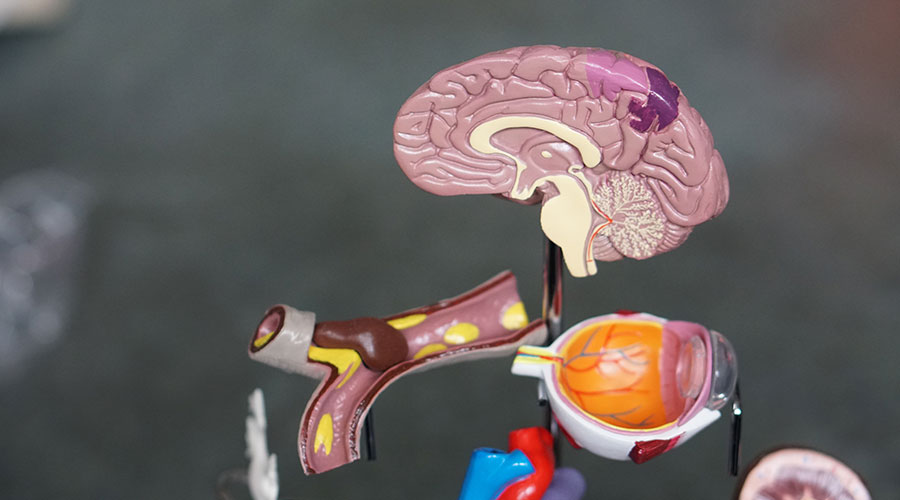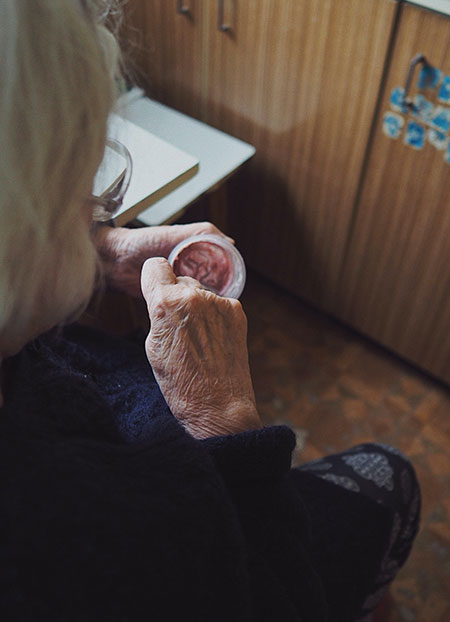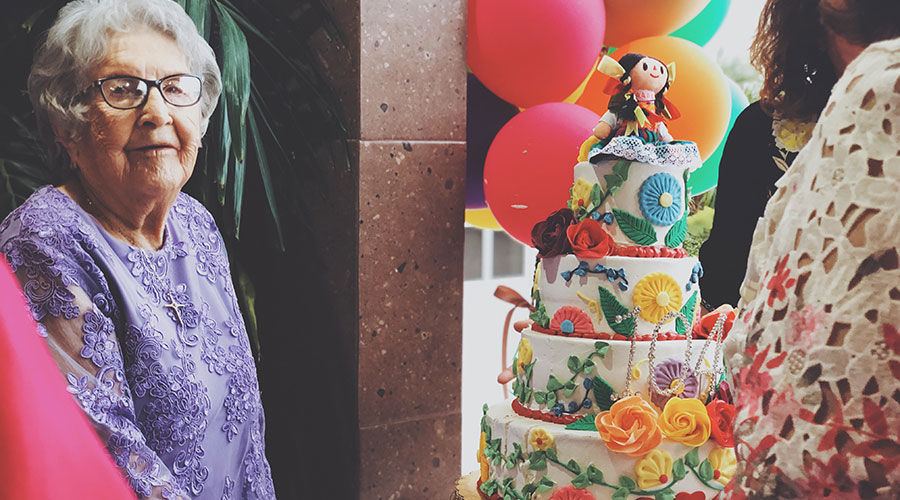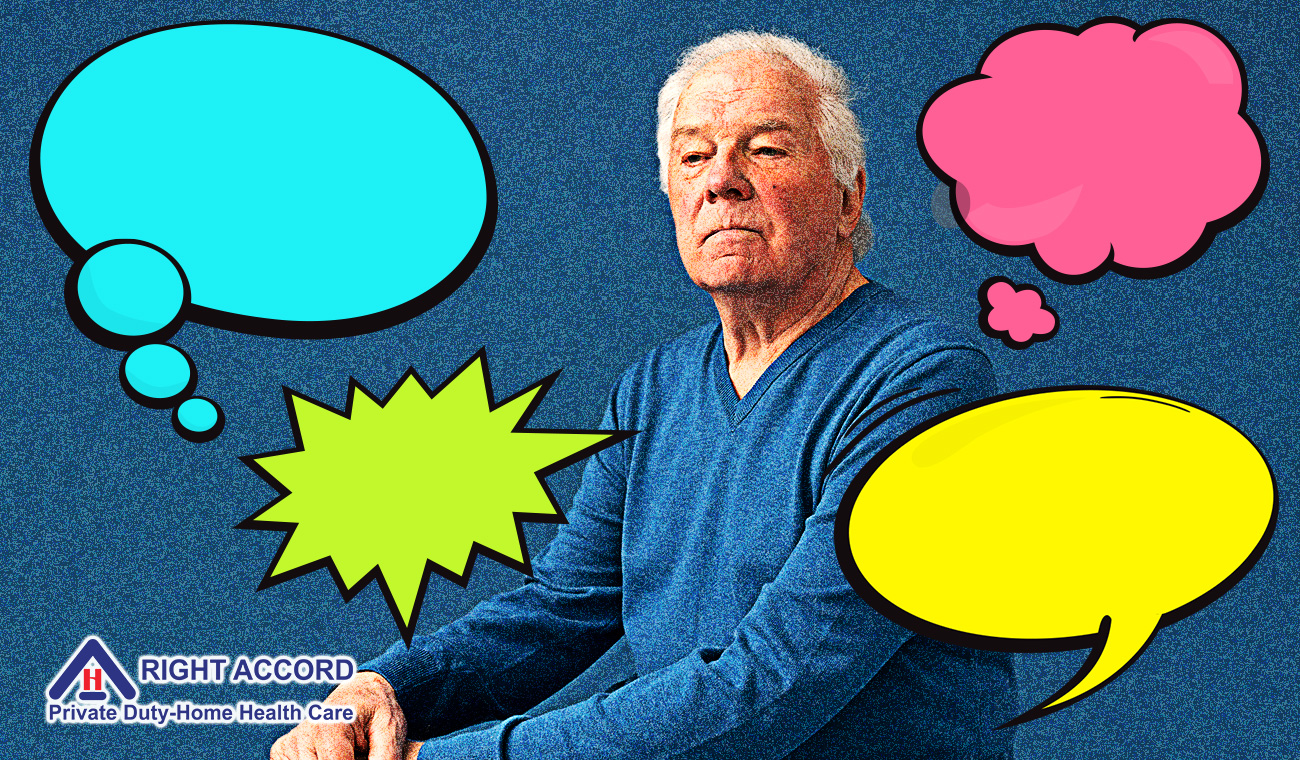· 6 min read
5 In Home Care Tips on Elderly with Dementia & Alzheimers
How do you care for elderly parent with Dementia and Alzheimer's at home? These 5 tips can help you optimize your strategy and reduce the burden of caregiving.

By: Rosemarie Tamunday Casanova — RN, BSN, MHA
Caring for your elderly parent or your loved one with Dementia and Alzheimer’s disease is a challenging task. Not only you will deal with their safety, like fall prevention, hygiene, and nutrition. But you’ll also encounter their troubling behavior and personality changes that often occur.
Some of these behaviors include wandering, eating or sleeping disorder, and aggressiveness. These factors can be a stressing experience for you to handle as their caregiver. And, can also make your role a little more difficult to perform.
In this case, we need to execute a good strategy. But to do so, first we need to understand more about the disease. From there, we can optimize our plan of action based on our acquired knowledge of it.
WHAT IS DEMENTIA?

Photo by Robina Weermeijer on Unsplash
The US National Institute on Aging defined Dementia as a loss of cognitive functioning, thinking, remembering, and reasoning. It also affects behavioral abilities to such an extent that it interferes with a person’s daily life and activities.
Some people with dementia have difficulty controlling their emotions. They also tend to have unexpected changes in behavior. In its most severe stage, the person may depend completely on others for basic activities of living.
WHAT IS ALZHEIMER’S DISEASE?
According to the Alzheimer’s Association, Alzheimer’s disease is a type of dementia that affects memory, thinking and behavior. Symptoms grow severe enough to interfere with daily tasks. Alzheimer’s disease accounts for 60-80% of dementia cases.
They said that Alzheimer’s is a progressive disease, where dementia symptoms worsen over several years. In the early stages of Alzheimer’s, memory loss is mild. But with late-stage Alzheimer’s, individuals soon lose the ability to respond to their environment.
Here are the 5 In-Home care tips for caregivers of elderly with Alzheimer’s and Dementia. Check out what solutions or actions best apply to your given situations.
TIP #1: HELP THEM FAMILIARIZE A DAILY ROUTINE

Photo by Olga Bogdanova on Unsplash
Having a consistent daily routine to follow is useful to a person with Alzheimer’s and dementia. These routines can be in the form of scheduled wake up time, meal time, and bedtime.
As you develop this routine, let your loved one know what to expect even if they didn’t completely understand the instructions. Like for example, opening room curtains to let the sunlight in can signal that it is waking up time. In the evening, you can play relaxing music and dim the bedroom lights to say that it’s already bed time.
Keeping these things at the same time and place everyday can help orientate the person with dementia.
TIP #2: PLAN ACTIVITIES THAT INVOLVES AND ENGAGES THEM
Create daily activities that can involve your loved one in as much as they’re able to. First, start remembering the kind of interest that they used to have. And based on that idea create an activity that can capture their interest. Make sure to tailor the interest to their current level of ability so they don’t get frustrated.
Focus on events that won’t overwhelm your loved one like in the family gatherings or social events. Excessive activity or stimulation at the wrong time of the day may be too much for them to handle.
You can also vary activities to avoid boredom. Try singing songs, dancing, painting, and telling stories. Or do outdoor activities such as visiting in the park, gardening, and playing with pets. These activities, no matter how short, can be very therapeutic and relaxing in their part.
TIP #3: HELP THEM TO REDUCE THEIR STRESS

Photo by Polox Hernandez on Unsplash
A person with Alzheimer’s or other Dementia, has demands in their way of life that may result in stress. Too much stress, if not managed, can be overwhelming to them. It can result in their inability to function and may soon affect their health.
Try to identify what situation or activity brings them stress and immediately remove them from this situation. Address the triggers that cause them stress and help them overcome this situation. Learn to know their limits physically and emotionally so you can establish boundaries to address these limits.
Learn what works or activities best relax them. Is it yoga or meditation? Exercising, walking, gardening, listening to music, or watching their favorite television program? Use these techniques when you notice that they are feeling stressed or overwhelmed. Speak and engage with them so you can check their feelings. And, don’t forget to give them plenty of rest to help them feel relaxed and conserve energy.
TIP #4: SEEK ADVICE FROM ALZHEIMER’S CAREGIVERS COMMUNITY GROUP
There are many sites that’s dedicated to help persons living with Alzheimer’s disease and their companions. You can visit the site, join a community discussion, ask questions, and seek advice. For example, the Alzheimer’s Association National Early-Stage Advisors have shared personal insights.
They discuss daily activities they use to address various challenges. Like managing schedules, taking medications, dealing with changes in relationships, and overcoming stigma. Their experiences can help you to think creatively as you develop your own strategies in caring for your loved one’s living with the disease.
Other popular Emotional Support Groups for Alzheimer’s includes the following:
- Alzheimer’s Association Local Support Groups
- Eldercare Locator
- Family Caregiver Alliance (FCA)
- Memory People
- Veteran’s Administration Caregiver Support
TIP #5: FIND THE RIGHT CARE OPTIONS IN YOUR COMMUNITY
Providing 24-hour care for individuals with Alzheimer’s may become tiring and frustrating for you. Sometimes, these individuals may become restless, agitated, or confused. They tend to create stress for their family members.
Here will come the value of hiring other caregivers to supplement the care needed and give you some time off. Acquiring Care Options either at home or other care resources allows you to do other activities. Like going to work, dining out and spending time with friends, and attending other events.
Hiring caregivers can lift up some difficult tasks for you. Like for example, giving your love one’s proper bathing or showering or even preparing them a meal. Be open-minded about using care option resources. It will reduce your chance of getting burnout and will also ensure that you are able to meet your loved one’s needs.
CONCLUSION
Caring for your elderly parent or loved one with Dementia and Alzheimer’s is not an easy task. It takes a lot of dedication and patience to carry on with your roles. Getting more information about the disease will better equip you in performing your duties to the fullest extent. Your knowledge can help them live a normal life and keep them safe from dangers.
If you think you are feeling stressed and overwhelmed, ask for support. There are many community groups, local and online that you can seek for help and advice.
Remember, caring for someone with Dementia and Alzheimer’s disease is a noble duty. Whether you’re a family member or a caregiver, lending help no matter how small it is, can still make a big difference to the life of the person who receives it.



